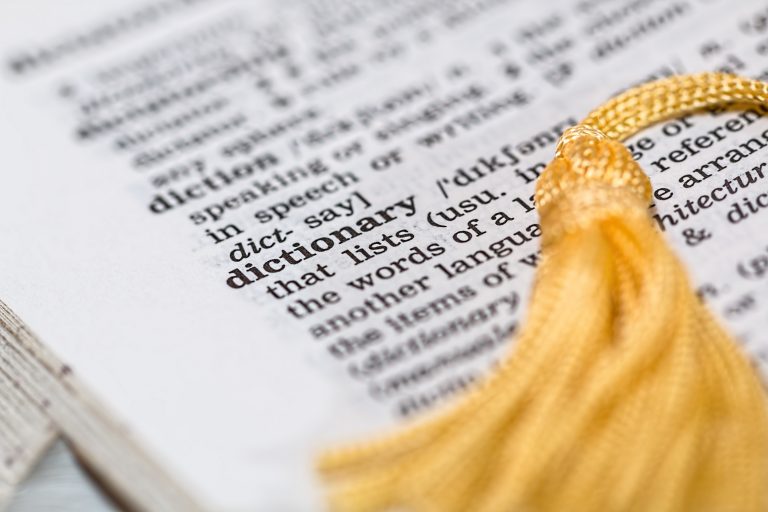It was founded in 1931. Given that at first it did not have the characteristics of a “Language Academy”, it was just “associated” to the Royal Spanish Academy. Now it has “associate” status, like the other academies. Its current headquarters are in Sánchez de Bustamante 2663, Ciudad Autónoma de Buenos Aires.
Its membership includes the country’s most outstanding writers: Leopoldo Lugones, Enrique Larreta, Eduardo Mallea and Jorge Luis Borges, Cervantes Prize 1979. This prestigious institution also includes critics and historians of Spanish American literature such as Ángel Battistessa, Raúl Castagnino and Enrique Anderson Imbert. The former president Ofelia Kovacci was a linguist of great prestige.
Its website contains detailed information on its history and its evolution into the structure that it is today, with a complete library and three departments: Presidency and Institutional Relations, Administration, and Linguistic and Philological Investigations.
The functions of this last departmentare:
1. the study of the lexical aspects of Spanish, especially Argentine Spanish;
2. the preparation of the reports of the sessions on language agreements; and
3. responses to telephone and written inquiries.
There are many queries from public and private bodies, advertising agencies, educational institutions, editors, professionals with various specialties, students and teachers. They also receive many queries about names from civil registries and from parents who want to put their children’s names in the official list of people’s names.
The Lexicographic archives are one of the most important bulwarks of the academy and constitute the basis from which linguistic agreements are made. The main categories are:
Authorities: more than half a million words or expressions taken from some 600 authors representative fromthe Viceroyalty of the Rio de La Plata until the present. Included are general language and regionalisms embodied in novels, short stories, theatre, poetry, stories, essays and epistolary texts.
Lexicography: The Argentine Lexicographic Register (RLA) has 92.288 entriesfrom dictionaries, vocabularies andstudies on idiomatic peculiarities.
Newspaper clippings: archive of current newspaper publications, especially useful for the analysis of new words, technical terms and contemporary twists.
Argentine Speech Register (RHA): containsthewordsraised during the course of the sessions. Along with the definition, these words have literary, journalistic and lexicographic quotes. Also included is information on the grammatical category, source, geographic location, social groups who use the word, and taxonomy. This database is the product of the revision of the “Argentine” terms included in the Dictionary of the Language in the 1984 edition, work commissioned by the Royal Spanish Academy at the end of 1990 with the aim of improving the precision and unity of the American language for the lexicon programmed for edition in 1992.
In 2003, the publisher Espasa-Planeta published the Dictionary of Argentine Speech, whose goal was to review the lexicographical tradition.
For telephone inquiries, call (5411) 4802-2408 / 3814, internal 4, from Monday to Friday between 1:15 p.m. and 6:45 p.m.
To send questions by email, write to investigaciones@aal.edu.ar or to consultas@aal.edu.ar

